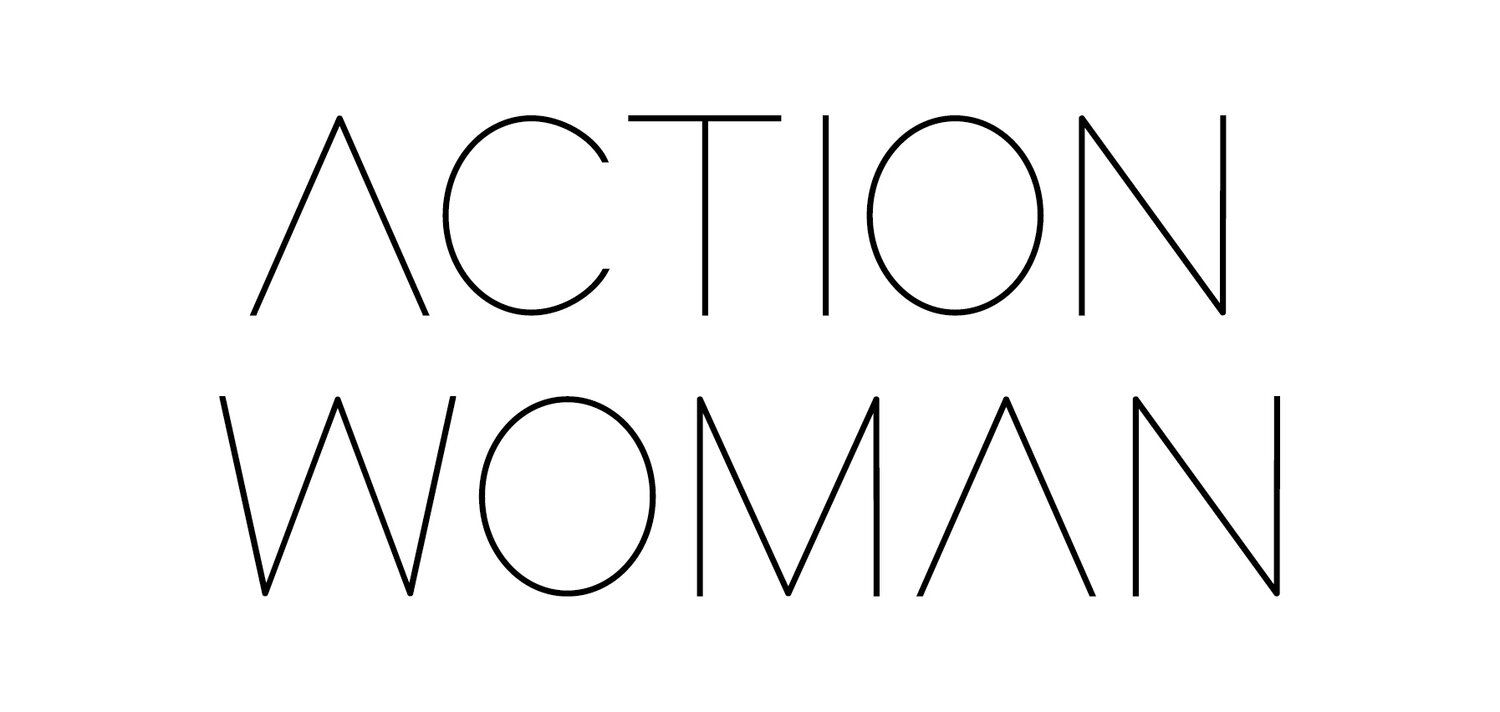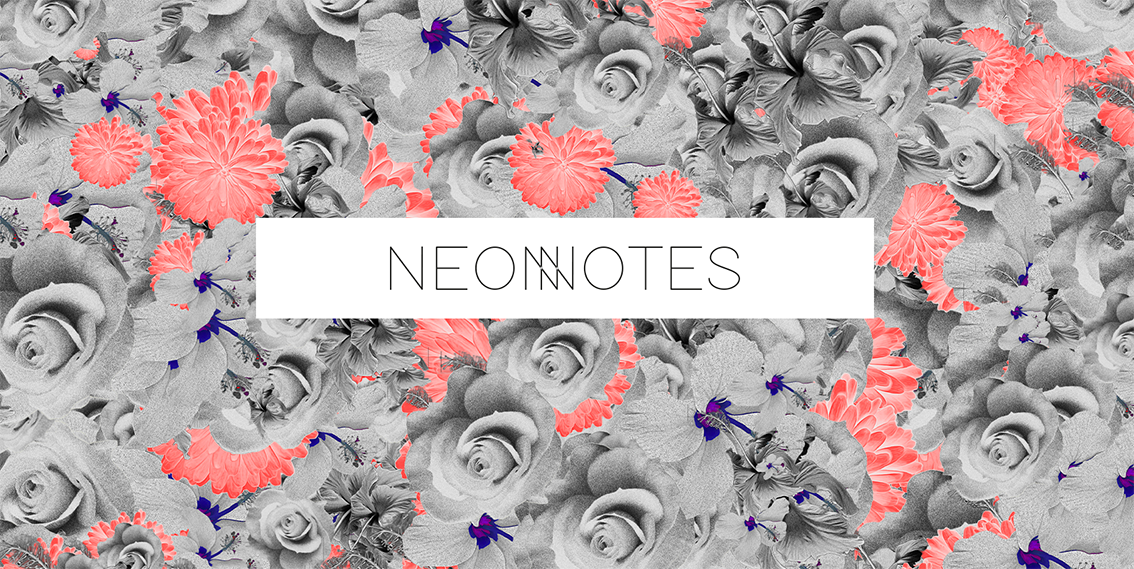Why you should say NO to diets
/A guest blog by Ela Law
It’s that time of year again where we get bombarded with messages that suggest we need to become healthier, happier, slimmer and cleansed (and better people in the process). The diet industry loves Christmas (and after last year, seems to be quite fond of lockdown as well), because it can tap into our insecurities about our bodies, our weight and our health, and sell us their solution to all our problems.
The real problem is, though, that these suggestions rarely give us what they promise. Weight-loss is an elusive goal that hardly anyone can achieve long term. It is well established in research (and people’s own experiences will testify to this) that 95%+ of weight loss diets don’t actually result in longer term weight loss and often lead to actual weight gain, alongside a myriad of physical and psychological problems.
Diet culture is very sneaky: it has hijacked terms that are not as obvious as ‘diet’ and ‘weight-loss’. So even if you think you will never go on a diet again because you know they don’t work (high five!!), you may be tempted by a detox or cleanse, or a meal plan that helps you be ‘healthier’. Unfortunately, all of these things are still diets, just with a different name that the diet industry has adopted to be more ‘en vogue’ and going along with the current wellness hype. Anything that tells you what and how and when to eat, asks you to cut stuff out or supplement, makes you restrict your food intake – it’s a diet. And as for cleanses and detoxes: you can get those for free: your liver and kidneys do this perfectly well, and you can’t actually detoxify your body by drinking expensive teas/shakes/waters anyway.
What actually is ‘diet culture’?
If you haven’t come across this term before, Christy Harrison describes this perfectly as ‘..a system of beliefs that worships certain body shapes and equates thinness with health and moral virtue’. This system makes you feel ashamed or guilty for not fitting into an ideal body, and it applauds anyone striving to shrink or shape their body to match this ‘ideal’. It promotes weight loss as a morally superior goal which will give you higher social, moral and economic status. It is actually a pretty oppressive system in the way it discriminates against people who don’t fit the prescribed ‘norm’.
So, what can you do to ignore these messages and protect yourself against their persuasive lure?
Here are 4 tips to build some resilience:
Check your social media feed as well as what you read in magazines and what you watch on TV for diet culture messages. You will be surprised how many meal plan diets, supplements adverts, slim bodies advertising products and fat-shaming language you will find. Be brave and unfollow, call out, get angry, or simply ignore!
Educate yourself! There are some amazing resources out there to learn about intuitive eating and for learning to develop a peaceful relationship with food and your body. A good starting point is reading books such as ‘Anti-Diet’ by Christy Harrison, ‘Just Eat It’ by Laura Thomas or ‘Intuitive Eating’ by Evelyn Tribole and Elyse Resch, as well as ‘Body Respect’ by Lindo Bacon. There are some great podcasts like ‘Redefining health and wellness’ by Shohreh Davoodi, ‘Food Psych’ by Christy Harrison, or ‘Food Heaven’ by Jessica Jones and Wendy Lopez. Follow @diets_dont_work_haes, @evelyntribole, @emmafitnessphd or @laraslosingit (and me ☺ @elalawnutrition) on Instagram. There are loads of resources and supportive communities out there!
Reflect on how dieting has interfered with your own life in the past (Has it impacted relationships with partners/family/friends? Has it given you anxiety, low moods, depression? Has it made you obsess about food or calories? Has it made you feel tired or even made you ill?) Consider whether you are willing to accept these consequences just so you can shrink your body.
Reframe negative thoughts and beliefs about yourself and your body. Write down a list of any recurring thoughts. Consider if you would say these things to your friends. If the answer is no, don’t say them to yourself. Next to each statement write down a positive version (e.g. if your negative thought is ‘I am weak because I let myself go’ you could reframe that by ‘I have been through a lot, and have come through it so I am stronger than I thought. My body has changed, which is something all bodies do. It still serves me by … (fill in what your body does for you every day).
Only if we try and break the hold diet culture has over us, and if we see that what it truly stands for is discrimination, greed and false promises, can we make sure every body gets the respect, care and kindness it deserves.
Ela Law is a Nutritionist (ANutr), Certified Intuitive Eating Counsellor and Baby-led Weaning Specialist.
Her approach is aligned with the HAES® movement, which is inclusive of all body sizes and challenges social structures that discriminate against people based on social and cultural characteristics. She uses the principles of Intuitive Eating to guide clients away from the pitfalls of diet culture and help them make peace with food, reject diet mentality thinking and develop a new understanding of their bodies and needs. Her sessions with clients can be online or face-to-face (Sevenoaks and Bexley), and she has an online course on baby-led weaning.
For more information visit www.elalawnutrition.co.uk and follow her on Facebook or Instagram.



